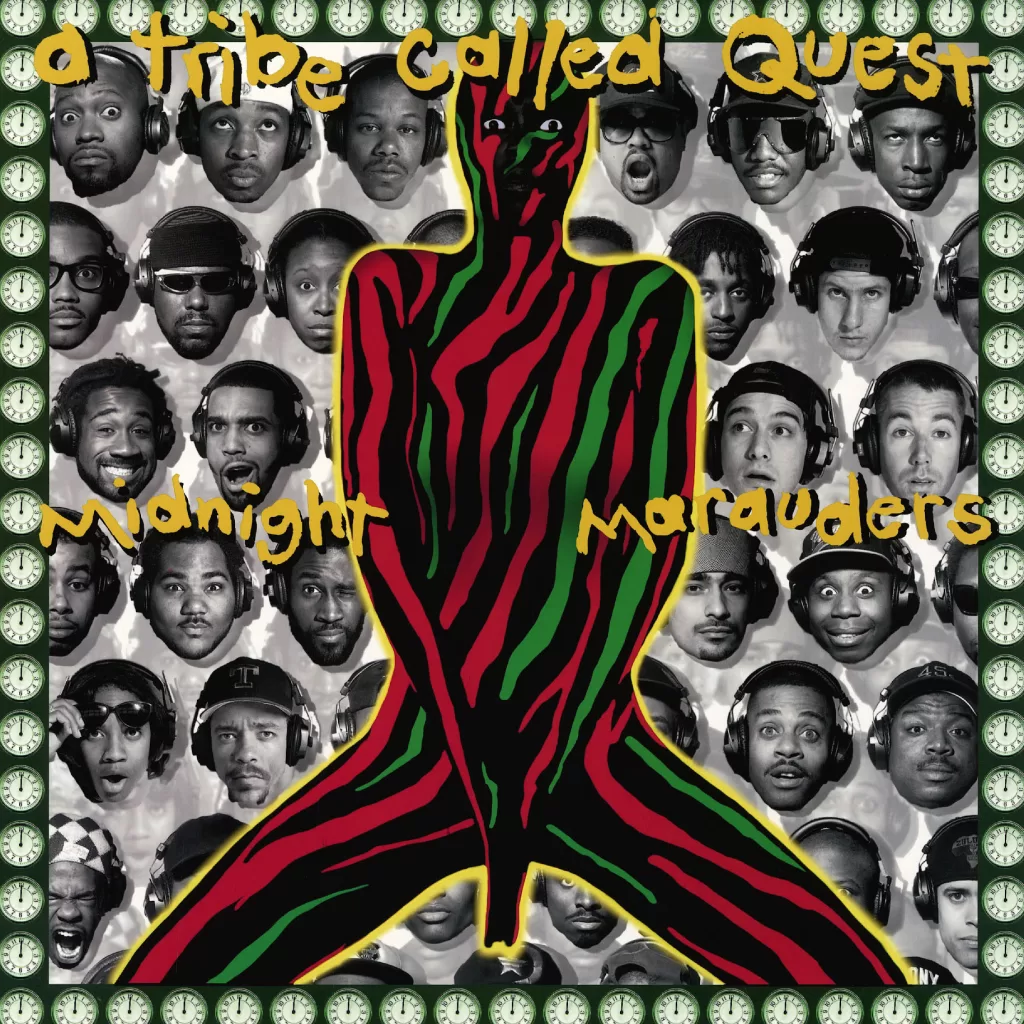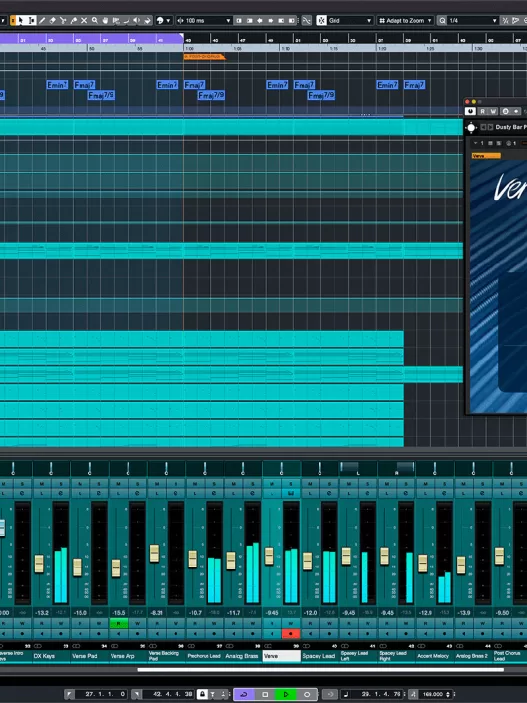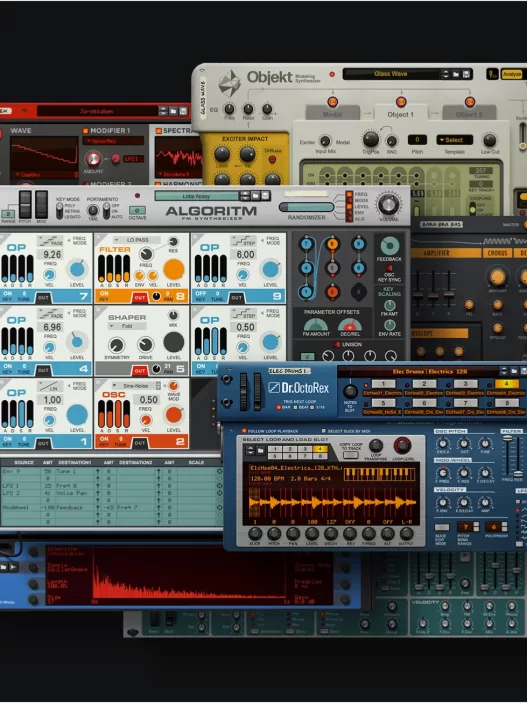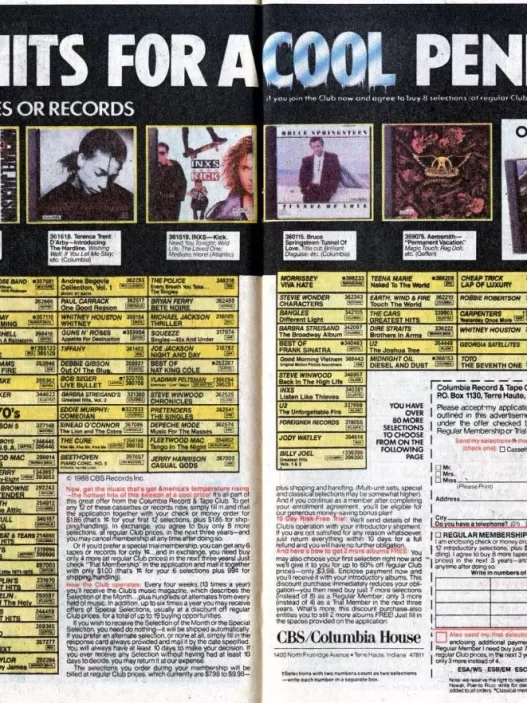
When it comes to hip-hop royalty, A Tribe Called Quest (ATCQ) isn’t just a name—it’s a movement. Formed in 1985 in Queens, New York, this legendary group—made up of Q-Tip, Phife Dawg, Ali Shaheed Muhammad, and Jarobi White—redefined what hip-hop could sound like and what it could stand for. With their blend of jazzy beats, socially conscious lyrics, and boundary-pushing sampling techniques, ATCQ helped shape the golden era of hip-hop and continues to influence artists to this day.
Let’s take a deep dive into why A Tribe Called Quest is one of the greatest rap groups of all time.
1. Their Production Was Years Ahead of Its Time
Before sampling became the norm, ATCQ was already perfecting the art. The group’s production style—spearheaded by the genius of Q-Tip—blended elements of jazz, funk, and soul to create a signature sound that was as smooth as it was innovative.
What Made Their Sound Stand Out?
- Jazz Influence: ATCQ didn’t just sample music; they curated soundscapes. Songs were built on lush, unpredictable jazz samples that gave their music a laid-back yet sophisticated vibe.
- Live Instrumentation: They weren’t afraid to mix samples with live instruments, giving their tracks a raw, organic feel.
- Layered Complexity: From complex drum patterns to intricate basslines, their beats were never predictable—each track was a journey.
Key Example: The Low End Theory (1991) took their jazz-infused sound to new heights, incorporating deep bass and smooth saxophones, making it one of the most influential albums of all time.
2. Lyrics That Actually Meant Something
In an era dominated by braggadocio and materialism, A Tribe Called Quest offered something different—thought-provoking, socially aware lyrics. They tackled issues like racial injustice, economic struggle, and self-identity, all while keeping things relatable and easy to digest.
Why Their Lyrics Resonate:
- Social Awareness: Tracks like “We Can Get Down” tackled social issues with nuance, addressing racism and inequality in ways that were both poetic and powerful.
- Humor and Wordplay: Phife Dawg’s charismatic delivery and witty punchlines balanced out Q-Tip’s introspective style, creating a perfect lyrical contrast.
- Timeless Themes: Songs about life, love, and struggles in the inner city are still relatable decades later.
Key Example: Check the Rhime—a masterclass in storytelling and flow, showcasing the perfect back-and-forth dynamic between Q-Tip and Phife Dawg.
3. They Revolutionized Sampling
Sampling wasn’t new in hip-hop, but ATCQ redefined how it was done. Instead of simply looping entire sections from records, they chopped, rearranged, and layered samples in ways that felt completely fresh.
Their Sampling Strategy:
- They dug deep into crates, sampling obscure jazz and funk records that most people had never heard before.
- They layered multiple samples together, creating lush, multi-dimensional tracks.
- Their use of sampling was artistic, not gimmicky—every sample served a purpose and fit perfectly within the larger narrative of their songs.
Key Example: Electric Relaxation—a track that flips a jazz guitar riff into one of the smoothest beats of all time.
4. Influence That Transcended Generations
The impact of A Tribe Called Quest on hip-hop is immeasurable. They didn’t just influence their peers—they set the blueprint for generations of artists that followed.
Artists Who Cite ATCQ as an Influence:
- Kanye West: Regularly credits ATCQ as a major influence on his production style and has sampled their music in his work.
- J Dilla: Took inspiration from ATCQ’s sampling techniques and carried the torch for soulful, jazz-infused hip-hop.
- Kendrick Lamar: Combines social consciousness with intricate storytelling, following the path blazed by ATCQ decades ago.
Their music influenced the entire alternative hip-hop movement, paving the way for groups like The Roots, OutKast, and De La Soul.
5. Five Classic Albums That Defined an Era
ATCQ wasn’t just a one-hit wonder; they delivered five iconic albums, each pushing hip-hop further into uncharted territory.
The Essential ATCQ Albums:
- People’s Instinctive Travels and the Paths of Rhythm (1990)
- The debut that introduced their playful yet thoughtful approach to hip-hop. Hits like “Can I Kick It?” brought them mainstream attention.
- The Low End Theory (1991)
- A game-changer that fused jazz with hip-hop in a way no one had done before. “Scenario” and “Check the Rhime” cemented their legendary status.
- Midnight Marauders (1993)
- Often considered their magnum opus, with tracks like “Award Tour” and “Electric Relaxation” that still hit hard today.
- Beats, Rhymes and Life (1996)
- A darker, more introspective album reflecting the challenges they faced as a group, featuring production contributions from a young J Dilla.
- The Love Movement (1998)
- A bittersweet farewell (at the time) with a return to their jazz-infused roots and a more relaxed vibe.
Bonus: In 2016, after an 18-year hiatus, they dropped We Got It from Here… Thank You 4 Your Service, which paid tribute to the late Phife Dawg and proved they hadn’t lost their magic.
Why A Tribe Called Quest Still Matters Today
Even decades later, A Tribe Called Quest’s music feels fresh, relevant, and essential. Their influence can be heard in today’s hip-hop, and their message continues to resonate in a world still grappling with many of the issues they rapped about.
Their Lasting Legacy:
- They showed that hip-hop could be artistic, conscious, and still fun.
- They pushed the boundaries of production and lyrical depth.
- They inspired countless artists to stay true to themselves and their message.
Legends Never Fade
A Tribe Called Quest didn’t just change hip-hop—they expanded its possibilities. Their blend of timeless beats, meaningful lyrics, and fearless creativity continues to inspire new generations of artists and fans alike.
Whether you’re a longtime fan or just discovering their music, one thing is certain: their impact will never fade.
So go ahead, dust off The Low End Theory, turn it up loud, and take a trip down the paths of rhythm.
What’s your favorite A Tribe Called Quest track? Drop your thoughts in the comments and let’s celebrate the legacy of one of hip-hop’s greatest groups!
















